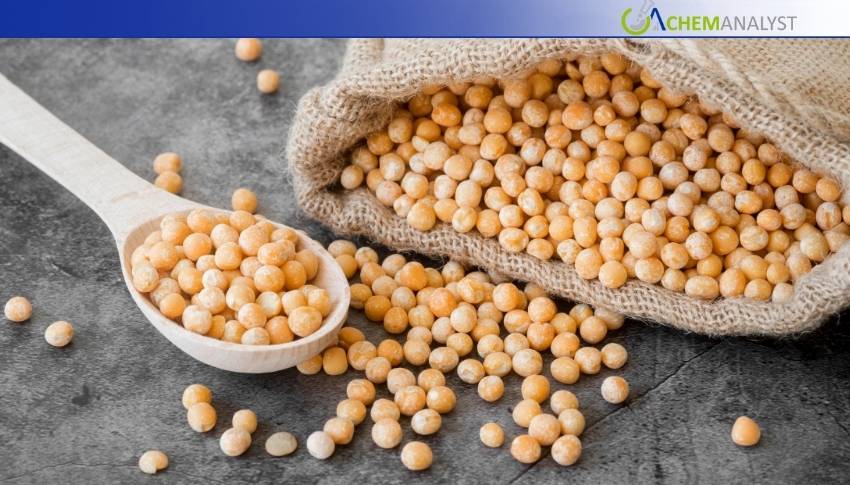Welcome To ChemAnalyst

Nigeria plans to double soybean cultivation by 2027 to boost food security, reduce imports, create jobs, and grow export potential.
In a bold move to bolster food security and reduce dependency on imported edible oils, the Nigerian government has unveiled a comprehensive strategy aimed at doubling the country’s soybean cultivation by the year 2027. This plan, launched under the newly introduced National Soybean Production Policy and Strategy, seeks to expand the current soybean-farmed area from under one million hectares to two million hectares. This expansion is expected to yield an additional 460,000 metric tons of soybeans annually, addressing a significant portion of the nation’s production deficit.
Speaking during the official announcement in Abuja, Senator Abubakar Kyari, the Minister of Agriculture and Food Security, underscored the initiative's alignment with President Bola Tinubu’s Renewed Hope Agenda. According to Kyari, achieving food self-sufficiency is no longer just a goal—it is a critical mission. He emphasized the importance of soybeans as a multi-functional crop with applications in nutrition, agro-industry, and foreign exchange generation.
At present, Nigeria produces about 1.35 million metric tons of soybeans each year. However, domestic demand stands at over 2.7 million tons, fueled by growth in the edible oil sector, animal feed production, and industrial processing. This growing demand-supply imbalance has recently forced Nigeria to resume soybean imports from the United States—a move not seen in six years—highlighting the urgent need for self-reliance in this key agricultural segment.
To bridge this gap, the government’s strategy outlines interventions in seven critical areas: development of improved seed varieties, soil fertility management, climate-smart mechanization, robust extension services, policy support, market access, and public-private partnerships. Collaboration is being encouraged across various levels of government, as well as among private sector players and farmers’ cooperatives.
A central role is expected to be played by Benue State, the country’s largest soybean-producing region. Governor Hyacinth Alia has reiterated the state's commitment to the national drive, citing its fertile Guinea Savanna ecology and longstanding soybean farming tradition as strategic advantages.
Beyond addressing food and oilseed demand, the initiative is projected to contribute approximately ?3.9 trillion (US$2.55 billion) in annual revenues while creating one million jobs across 22 states and the Federal Capital Territory. Significantly, Nigeria’s soybeans are naturally non-GMO, which enhances their appeal in international markets that favor sustainable and organic sourcing.
Moreover, the government aims not only to export raw soybeans but also to strengthen value addition by promoting the production of soybean oil, soy flour, tofu, and protein isolates. Although the implementation blueprint is still under development, stakeholders in the agricultural sector have welcomed the plan, viewing it as a game-changing opportunity to build a competitive and resilient soybean economy in Nigeria.
We use cookies to deliver the best possible experience on our website. To learn more, visit our Privacy Policy. By continuing to use this site or by closing this box, you consent to our use of cookies. More info.
